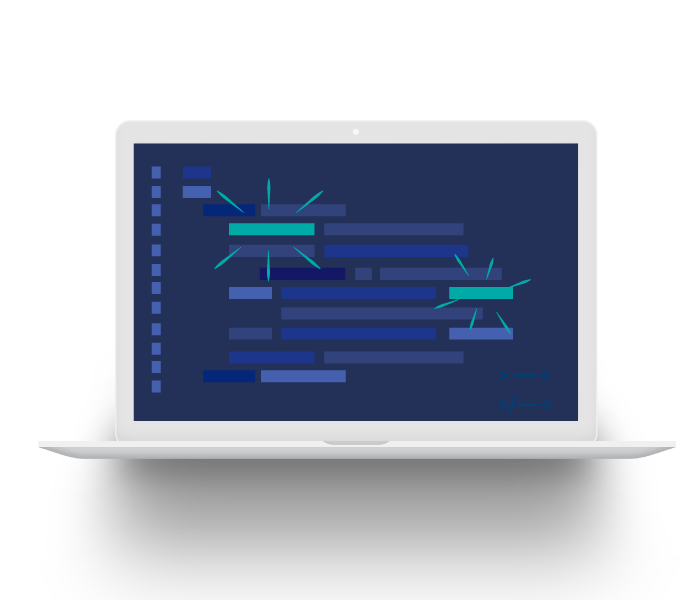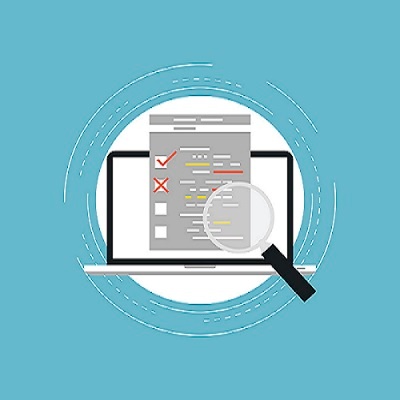The nFocus Team
nFocus is the longest established UK-owned independent test consultancy and we are proud that our clients continue to work with us year after year.
Importance of Choosing Appropriate Testing Techniques for Effective Quality Assurance
To explain the difference between Black Box Testing and White Box Testing, simply put, if you think about a car, you have two types of people, the driver (black box) and the mechanic (white box). The driver doesn’t really need to understand how the engine works to drive, just press a few buttons and levers and turn the wheel and you are off. The mechanic however, lifts the hood and tinkers with the engines to make the car go, looking at the internal mechanisms, following the flow of petrol into the engine right through to the output gases from the exhaust.
Read More
Topics:
Software Testing,
Software Testing Techniques
Importance of Diverse Testing Approaches
So, what is the best software testing technique for my project? Hmmm, tricky one to answer without looking more closely at your project. There are many factors that determine the software testing techniques you’ll need to employ.
Read More
Topics:
Software Testing,
Software Testing Techniques
Role of Language and Writing Style in Effective Requirements
One of the most common causes of software failure and the reworking of code is poor requirements. Implementation of best practice for requirements analysis, specification and validation can have a major impact on application delivery schedule, budget and overall quality.
Read More
Topics:
Software Testing,
Requirements Validation
Beyond Defect Detection: Additional Testing Benefits
How do you know if your testing is meeting your business objectives? Not having production incidents may be a success factor but that’s only a small part to testing. Conducting an assessment of your existing testing procedures and practices is key to establishing the actual current state of testing within your business. Doing this will provide you with a tangible roadmap for implementing recommendations to meet your company’s quality objectives.
Read More
Topics:
Software Testing,
Software Testing Assessment
Overview of Test Types in Software Testing
Testing quite simply is the backbone of every project, whether you agree or not it’s not hard to state that testing has a place in each part of the System Development Life-Cycle. Employing a poor testing methodology will lead to the production of an unstable product and most likely one that will cost you more money and development time. Whether you decide to go Waterfall, Agile or DevOps it is essential to have a plan, especially a test plan, in place to ensure that the product is delivered in a robust and stable state, on a predictable timeline.
Read More
Topics:
Software Testing,
testing methodologies
Retesting Techniques and Approaches
In an ever changing and fast paced world, things need to be done quicker. Not only to save costs but consumers need products and services at a touch of a button and assurances that they all cater for their needs first time without fail. Companies are faced with many dilemmas; costs, do a project on the cheap and risk delivering a shoddy project. Time, do it right but take too long and your market saturation will be behind your competitors. Quality, rush a project out the door and risk introducing operational and productions defects. So, is there another way?
Read More
Topics:
Software Testing,
regression testing and retesting
What Are the Three Golden Rules?
Performance testing is simple, right? Well, those who do it will beg to differ. There are some performance testing basics you need to get right first before embarking on the journey.
Read More
Topics:
Software Testing,
Performance Testing Basics
How to Implement a Security Testing Strategy
IT security testing is not just about checking that you can break in via a website vulnerability such as SQL injection. To prevent an IT security attack, security testing needs to be wider than penetration testing and should cover wider aspects of security. The good news is that it’s not as hard as you might think to make your systems more secure through a broad security testing strategy. Follow these seven steps to reduce the risk of a security breach.
Read More
Topics:
Software Testing,
Security Testing Strategy
Challenges and Considerations
The risk profiles of a project or programme of work constantly change over the system development life-cycle. We all know that occasionally a swerve ball is thrown and we must react and adapt accordingly. Usually the project informs testing of the change and in return testing informs the project of the associated risk and details the probability of the risk involved. Testing then needs to be flexible and responsive to these changes to adapt, and to find a suitable solution to offer the best probability of success without compromising quality.
Read More
Topics:
Software Testing,
Risk Based Testing
Common Testing Methodologies Overview
Software Development and Testing can use lots of different methodologies and models, but for this paper we will stick to those that are most commonly used and current in today's market place. Overall the common goal of all testing methodologies is to ensure a bug free product that meets the Users requirements.
Read More
Topics:
Software Testing,
testing methodologies

















.png)
